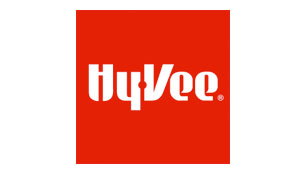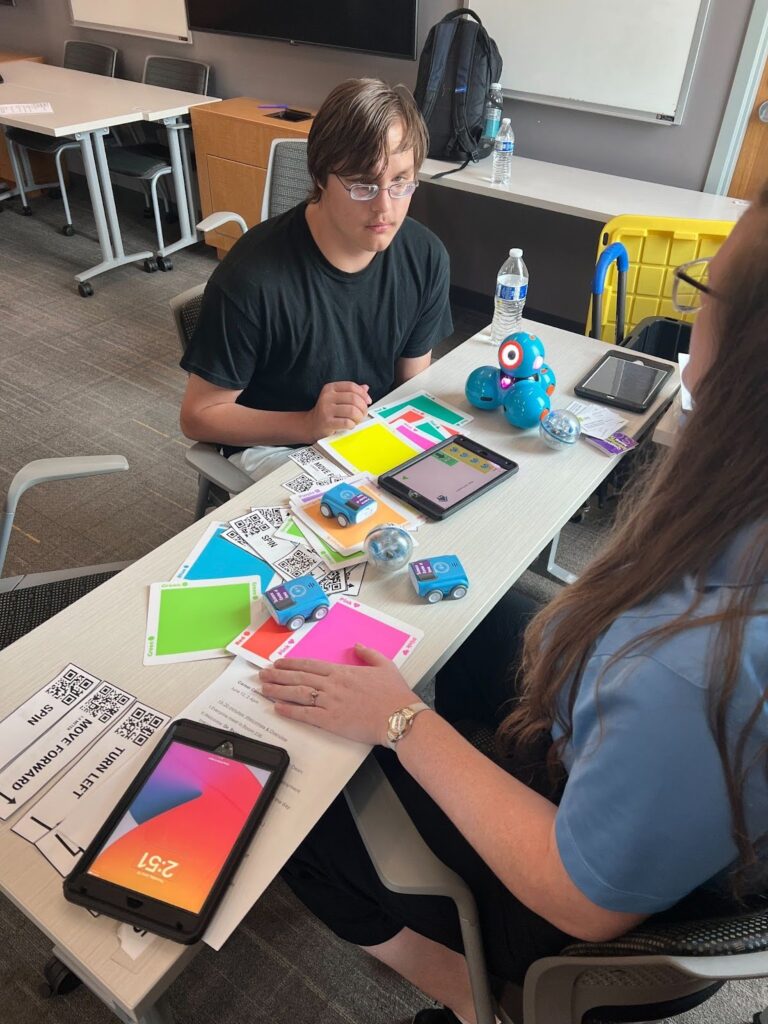THE ENTREPRENEURS: Paul Rottenberg
President, Orchestrate Hospitality

Paul Rottenberg first fell in love with the hospitality industry in high school. Before he managed and built some of the city’s hottest restaurants he was a dishwasher for Buxton Ice Cream Shop in New Jersey.
His love for the business outweighed his desire to earn a degree from the University of Colorado Boulder, which he attended for two years. Instead he went on the road and set up several Good Earth Restaurants in California, Arizona and Minnesota.
It was love, not restaurants, that brought Rottenberg to Iowa. His wife is originally from the southwestern Iowa town of Atlantic, so the two moved to Des Moines shortly after their first child was born to be closer to family.
Rottenberg began Orchestrate Hospitality, a hospitality management company, in 2001. And although he and longtime friend George Formaro are known for opening up some of Des Moines’ most successful restaurants, Rottenberg admits that wasn’t his original plan.
“A lot of great stuff comes not from a great idea, but how you navigate once you get started,” he said.
Orchestrate started off as a hotel business, he said. But his plans changed after the hospitality industry took a nose dive in 2001 and it was tough to find financing for large projects. He soon joined forces with Harry Bookey, who was redeveloping The Temple for Performing Arts, and Formaro, who was cooking up the plans for the swanky Italian restaurant that would reside inside.
“It really began with George saying to himself that he could do more with food than he was. He loved food but needed a partner who loved business,” Rottenberg said.
Centro’s immediate success soon led to more opportunities. In the past 10 years, the pair have opened Gateway Market, Django and Zombie Burger + Drink Lab, and Rotternberg opened several hotels in Greater Des Moines.
But not everything Rottenberg touches turns to gold. He and Formaro opened a Gateway Market in West Des Moines and a Centro in Davenport that he said just couldn’t make it.
“Nobody bats a thousand,” Rottenberg said. “You have to be prepared with the fact that not everything works, and we weren’t early on.”
With each failure, they learned something important, he said, whether it was a lesson about marketing or demographics. These lessons were useful when it came time to launch Zombie Burger in the East Village. The popular eatery has been open for about a year and has already undergone an expansion to its back of house to accommodate the amount of customers it sees each day.
Rottenberg said he and Formaro both wanted to open a fun, casual-style hamburger joint, but it was Formaro, a horror-film fanatic, who came up with the idea of the zombie theme.
“Trying to marry the idea of zombies – who eat people’s brains – with good food was a challenge,” he said. “But it ended up being a ton of fun.”
As for the key to Rottenberg’s success, he says it comes from forming strong partnerships over the years.
“It’s never been about one person,” he said. “It’s about cooperation and letting people bring ideas to the table. (George and I) each recognized what we could bring to the table and trusted each other.”
Q&A
What is one piece of advice you have for other entrepreneurs?
Always do what you say you’ll do. So whether you tell yourself you’re going to do it, or you tell someone else you’re going to do it, do it.
If you weren’t doing this, what would you be doing?
That’s hard to imagine. I’ve been in the hospitality business for almost 40 years. I’ve worked in restaurants in high school, in college. I ended up loving the restaurant business more than English and philosophy. The other great passion in my life is music. … I played the guitar in a rock band – Martin and Barnes Blue Flames. So maybe if I hadn’t gone into the restaurant business, I would have been the next Bob Dylan or something.
What’s the biggest risk you’ve ever taken?
The Gateway Market was hugely ambitious. We felt, well we’ve been a part of the hotel business and the restaurant business, how hard can the grocery business be? Much harder. It’s like the restaurant business on steroids. It was a lot to get a handle on. We loved it from day one. But we felt like somebody had given us the keys to a Lamborghini; we just didn’t know how to drive it. So it took us a few years to figure out how to drive that thing.











